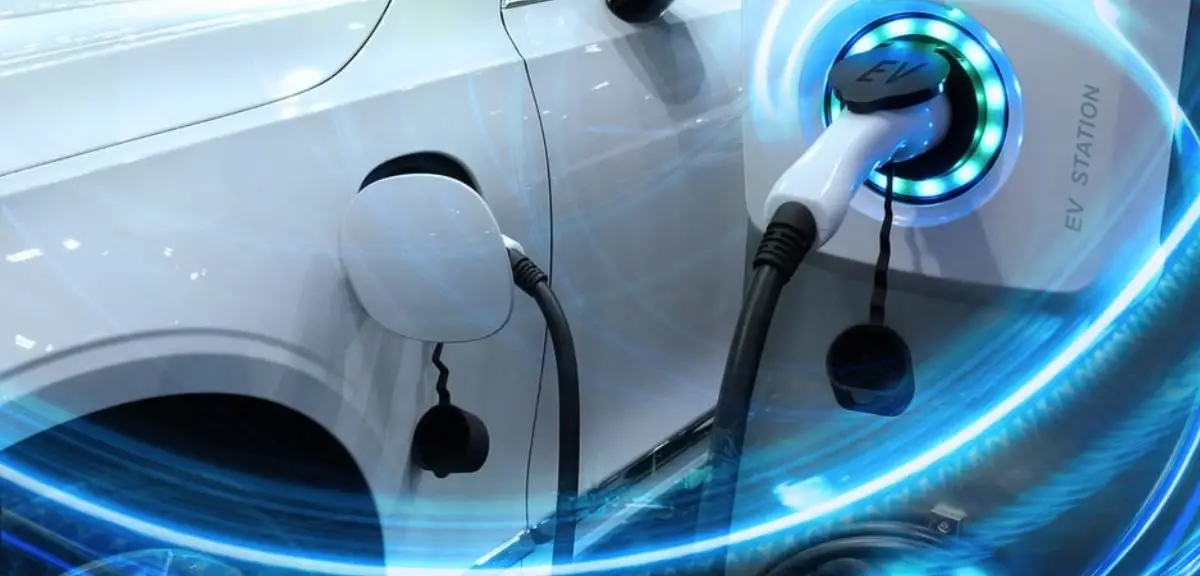Electric vehicles (EVs) have been gaining popularity in recent years due to their eco-friendliness and reduced carbon footprint. However, one of the major concerns among EV owners is the battery life and how to maximize it. A critical aspect of battery maintenance is charging, and many people are curious about the best temperature to charge EVs. In this blog, we will discuss the optimal temperature to charge an electric vehicle.
Factors Affecting EV Charging Temperature The temperature at which you charge your EV can have a significant impact on the battery’s health and longevity. The ideal charging temperature range for most EVs is between 50°F and 86°F. However, several factors affect the charging temperature, including:
-
Battery Chemistry: The type of battery used in the EV will determine the temperature at which it can be charged optimally. Lithium-ion batteries are the most common type used in EVs and are best charged between 50°F and 86°F. Other battery chemistries like nickel-metal hydride (NiMH) and lead-acid have different temperature ranges.
-
Battery Management System: The battery management system (BMS) regulates the charging process and temperature. The BMS monitors the battery’s temperature and adjusts the charging rate accordingly. If the battery is too hot or cold, the BMS will slow down or stop the charging process to prevent damage.
-
Charging Method: There are two primary charging methods for EVs: Level 1 and Level 2. Level 1 charging uses a standard 120-volt household outlet and typically takes longer to charge. Level 2 charging uses a 240-volt charging station and charges the battery faster. The charging rate can affect the battery temperature, and Level 2 charging may generate more heat.
Benefits of Charging at Optimal Temperature Charging your EV at the optimal temperature can provide several benefits, including:
-
Faster Charging Charging: your EV at the ideal temperature range can increase the charging rate, reducing the charging time. This is because the battery can accept more energy at an optimal temperature, leading to faster charging times.
-
Improved Battery Life : Charging your EV at the ideal temperature range can help extend the battery’s life. Charging at temperatures outside the optimal range can cause damage to the battery, reducing its lifespan.
-
Increased Range Charging your EV at the optimal temperature range can increase the vehicle’s range. This is because the battery can hold more energy when charged at the ideal temperature, leading to a longer driving range.
Optimal Charging Temperature for Different EV Models The optimal charging temperature range varies for different EV models. Here are some examples:
-
Tesla Model S and Model X: The optimal charging temperature range for these models is between 50°F and 95°F.
-
Nissan Leaf: The optimal charging temperature range for the Nissan Leaf is between 32°F and 86°F.
-
Chevrolet Bolt: The optimal charging temperature range for the Chevrolet Bolt is between 32°F and 113°F.
Tips for Charging EVs at Optimal Temperature Here are some tips for charging your EV at the optimal temperature:
-
Precondition the Battery Preconditioning the battery involves heating or cooling the battery to the optimal temperature range before charging. This can help optimize the charging process and improve battery life.
-
Use Scheduled Charging Many EVs have a feature that allows you to schedule charging times. You can schedule charging during off-peak hours when the temperature is optimal, which can save you money and help optimize the charging process.
-
Avoid Charging at Extreme Temperatures Avoid charging your EV at extreme temperatures. Charging at temperatures below freezing can damage the battery, while charging at high temperatures can reduce its lifespan.

